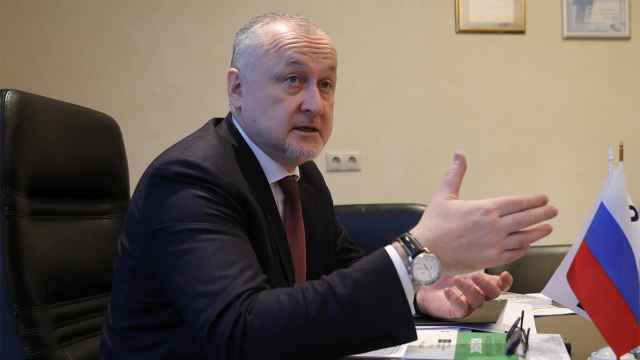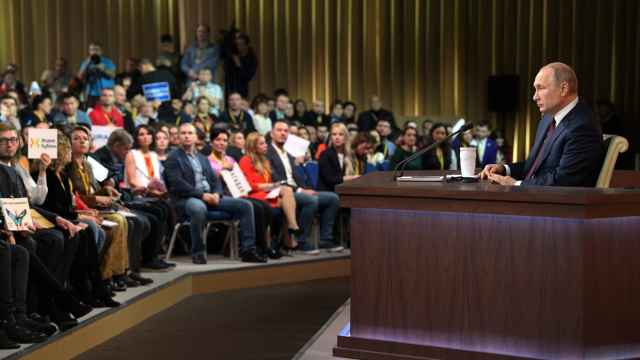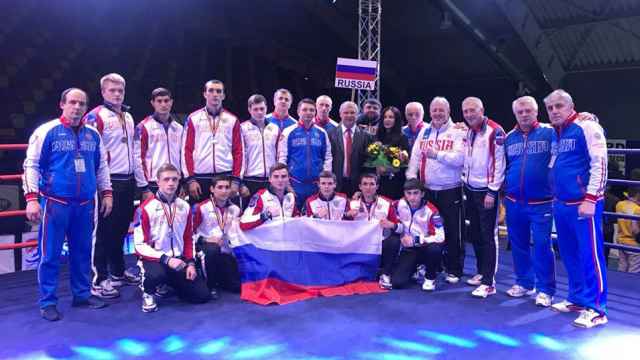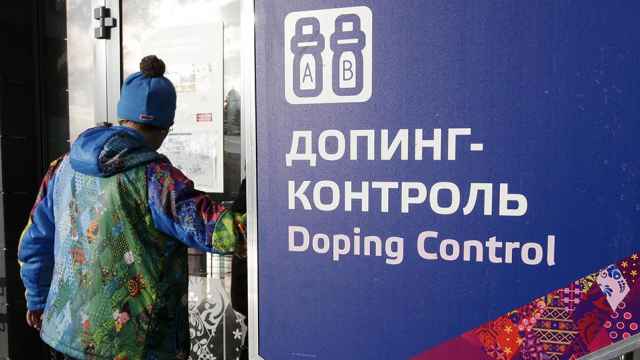Clean Russian athletes should be allowed to compete in individual events at this year's Tokyo Games under the banner of "Independent Olympic Participants," historian Bill Mallon suggests.
It is a designation used for athletes from Yugoslavia in 1992, and one that Mallon thinks offers a good road map of how to issue Russia a meaningful punishment without imposing a blanket ban.
The 1992 designation for what was then known as the Federal Republic of Yugoslavia, composed of Serbia and Montenegro after the breakup of socialist Yugoslavia, was due to its role as aggressor in the Balkan war, while Russia's potential ban from Tokyo stems from doping violations.
Some Russian athletes were allowed to compete at the 2018 Pyeongchang Winter Games under the designation "Olympic Athlete from Russia," a punishment by the International Olympic Committee for "systematic manipulation" of the anti-doping system in Sochi four years previously.
But the semi-ban in 2018 did not go far enough, because of the explicit reference to "Russia" in the official designation, says Mallon, a past president of the International Society of Olympic Historians.
The World Anti-Doping Agency (WADA) has banned Russia from Tokyo as punishment for manipulating doping tests, but has left the door open for clean athletes to compete if they meet rigid criteria laid out by the agency.
Although Russia's circumstances are different from Yugoslavia's, Mallon thinks it is timely to dust off the playbook used to handle the situation 28 years ago and occasionally since.
"If it was up to me, I think they should do what they did in '92 with Yugoslavia," he said in a phone interview with Reuters on Wednesday. "Because of the Balkan war (in 1992), there was a U.N. resolution that Yugoslavia was banned from international events, not just sports.
"Technically they couldn't compete at the Olympics, so the IOC had Yugoslavia compete as 'International Olympic Participants.'"
"That was their only designation. Their country wasn't mentioned, their flag wasn't used or mentioned and they only competed in individual events. They couldn't have any team competition, not even a two-man rowing team."
A handful of competitors from various countries in subsequent Olympics in 2000, 2012 and 2016 also competed as "Individual Olympic Athletes" for various reasons.
But Mallon believes allowing a repeat of the 2018 designation of allowing Russian Olympians to compete as "International athlete from Russia" is too generous, especially if participation is allowed in team sports.
"You don't let the name Russia be seen and you don't let teams compete," he said. "That's what I think they should do."
A Message from The Moscow Times:
Dear readers,
We are facing unprecedented challenges. Russia's Prosecutor General's Office has designated The Moscow Times as an "undesirable" organization, criminalizing our work and putting our staff at risk of prosecution. This follows our earlier unjust labeling as a "foreign agent."
These actions are direct attempts to silence independent journalism in Russia. The authorities claim our work "discredits the decisions of the Russian leadership." We see things differently: we strive to provide accurate, unbiased reporting on Russia.
We, the journalists of The Moscow Times, refuse to be silenced. But to continue our work, we need your help.
Your support, no matter how small, makes a world of difference. If you can, please support us monthly starting from just $2. It's quick to set up, and every contribution makes a significant impact.
By supporting The Moscow Times, you're defending open, independent journalism in the face of repression. Thank you for standing with us.
Remind me later.






